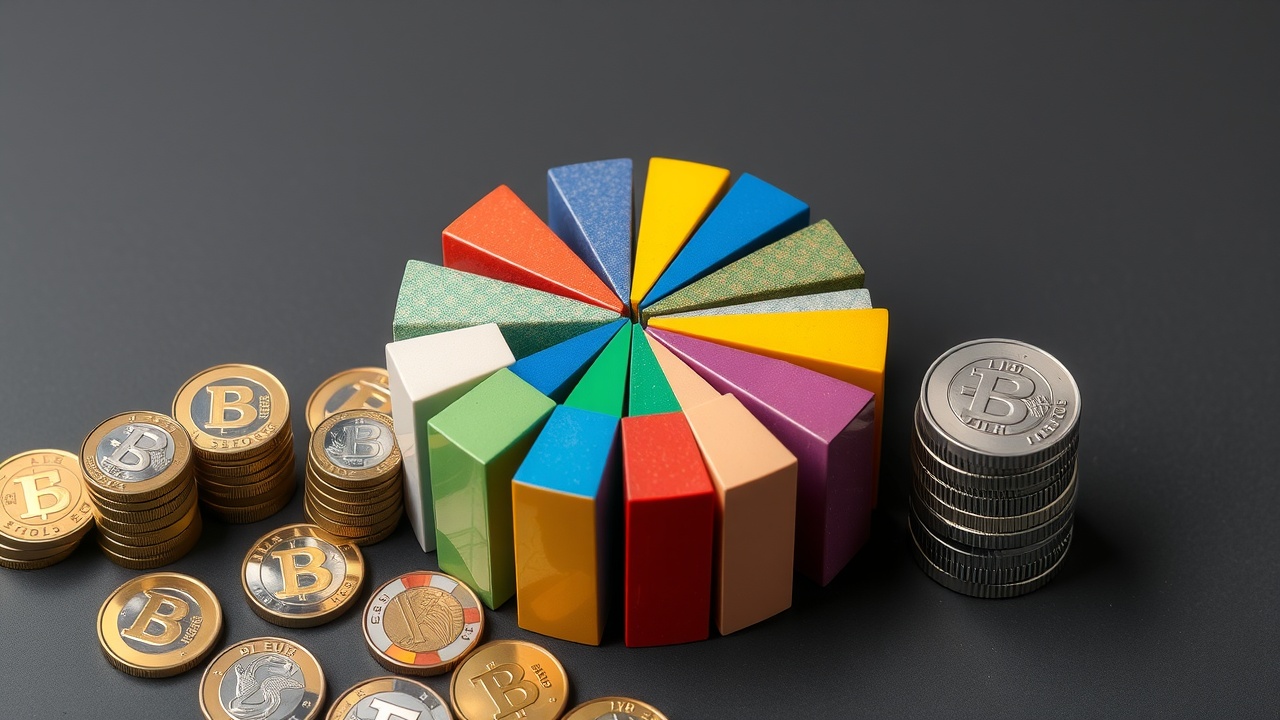
For short-term objectives (less than five years), saving is excellent, but investing is a great way to help your money grow over time
We explain the differences between the two and what they might mean for your finances. But is one better than the other? What is the true difference?
Whether your goal is to purchase a home, finance a wedding, or accumulate enough funds to start a family, it is crucial to save for the future. Putting money aside for the future is a smart idea, even if you don't have a specific goal in mind. This will give you some financial security and, eventually, more options for your lifestyle.
Those who have monthly disposable incomethat is, money left over after bills and necessities are coveredshould save or invest for the future. Before you begin saving or investing for the future, you might want to start paying off any debts you may have, such as credit card or personal loan balances. Inflation also needs to be taken into account because it reduces the actual purchasing power of your money.
You have a choice in how you accumulate your wealth and savings.
What do you mean by saving?
Savings is the term used to describe the funds that you normally set aside in an account distinct from your regular current account after paying your bills and other necessities. Typically, the savings account is held with a bank or building society, where interest is earned. Your chosen account will determine whether the interest is fixed or variable, and it may be applied monthly or annually.
Unless it's a fixed or notice period account, your money is held by the bank or building society and is available for quick access.
You will never receive less than you paid in, making it a low-risk method of growing your money (unless there are withdrawal restrictions and you are penalized for going over the allowed amount or failing to give notice on a notice account).
Additionally, there is consumer protection against a provider going bankrupt, worth up to 85,000 per person and per institution. The Financial Services Compensation Scheme is responsible for providing this (FSCS).
Generally speaking, everyone should try to save three months' worth of necessary expenses as a contingency. This could be used to pay for unforeseen expenses like leaks or auto repairs. Keep the money in a location that allows you to access it easily, like an easy-access savings account.
What is meant by investing?
Investing is a little different. You have the option to invest in bonds, real estate, or company shares.
When it comes to shares, you can purchase some in specific businesses that you select yourself or in a number of businesses selected by a professional by investing in a fund. Here, a fund manager manages your money along with that of other investors, buying and selling shares in businesses they think will make money.
Because the value of shares can fluctuate, investing in them carries some risk, but the potential rewards are greater than those of saving. Ideally, your investment will increase in value as the share price rises, and you may also profit from dividends, which are yearly acknowledgments given to shareholders from profits.
You should ideally hold onto your shares for at least five years, if not longer. This is to allow time for your money to recover from any short-term losses and to take advantage of compound growth, which is when you earn returns on top of returns.
Investments come in different forms. Bond investing is an option if you want to take on less risk. Bonds allow you to lend your money to a government agency or business, which will then pay you interestalso known as a couponfor a predetermined amount of time. You receive your initial investment back when this is over and the bond matures.
Moreover, investments are protected by the FSCS. If you lose money because the investment product provider goes bankrupt or you receive poor advice from an adviser who is no longer in business, the compensation begins. You cannot claim that an investment isn't doing well. You will receive 100% of your initial 85,000 back if you have contributed money to an investment fund. For investments made prior to 2019, the amounts vary.
How do investing and saving differ from one another?
Having investments and savings, as opposed to just one, has its place.
However, it's critical to recognize the distinctions and functions of each. The fundamentals are explained in this table.
What is the difference between investing and saving money?
Long-term returns from stocks and shares have been shown to outpace cash returns, though there will inevitably be more ups and downs along the way. Barclays compares returns on various assets in a report called the Equity Gilt Study. It indicates that stocks have a tendency to outperform bonds and cash over longer time periods.
According to the Barclays 2024 Equity Gilt Study, over the previous 130 years or so, the likelihood that shares would yield higher returns than cash on a two-year basis was 70%, and over a ten-year period, this percentage increased to 91%.
A significant difference in performance is also shown by another study that examines a one-year period. According to Moneyfacts' analysis, the average stocks and shares ISA fund grew by 11 points in 2024 compared to February 2025. The average performance for this year is comparable to a 2 point 8 percent increase from February 2023 to February 2024.
Moneyfacts, however, reported that between February 2024 and February 2025, the average cash ISA rate returned 3 points. The returns for this year are not all that different from the 3 point 73 percent that was recorded between February 2023 and February 2024.
Naturally, past performance shouldn't be trusted, but the numbers show how profitable investing can be.
As demonstrated, keeping larger amounts of cash on hand for extended periods of time puts one at risk of losing out on inflation and the wealth that comes from stock market investments.
Given the possibility that the stock market will yield higher returns, you may want to think about investing in it after you have saved up a buffer of money that is as high as you feel comfortable with.
The way to invest.
Your first step in investing is to open an account with an investment provider; if you have any remaining annual allowance, a tax-free ISA is a good choice.
You can begin selecting investments as soon as your account is operational. Selecting the appropriate amount of risk to take with your money is a crucial component of investing. You don't want to be so cautious that your returns are small and unsatisfactory, but you also don't want to be seduced by a run of high returns on a risky industry that might not last. Greater rewards may accompany greater risk.
Buying a fund, which is less risky because fortunes don't depend on a small number of companies, or individual shares are your options. Investments are purchased, held, and sold by a fund manager on your behalf. To spread the risk, the manager will choose a variety of investments.
Another option is a passive fund, which isn't managed but instead purchases every company in the S&P 500 or FTSE 100, for instance, to replicate an index.
You can use the research tools offered by your investment platform, with which you hold the ISA, if you need assistance. Their shortlist is regularly used to help sort through the thousands of funds that are available across all asset classes, sectors, and geographical areas.
A ready-made portfolio is an option if you don't want to decide where to invest yourself. In this scenario, a professional will package a number of funds on your behalf.
Conversely, you could consult a specialist and allow a financial advisor to create a customized portfolio based on your objectives and requirements.














Leave a comment on: Which is more effective at increasing your income: investing or saving?